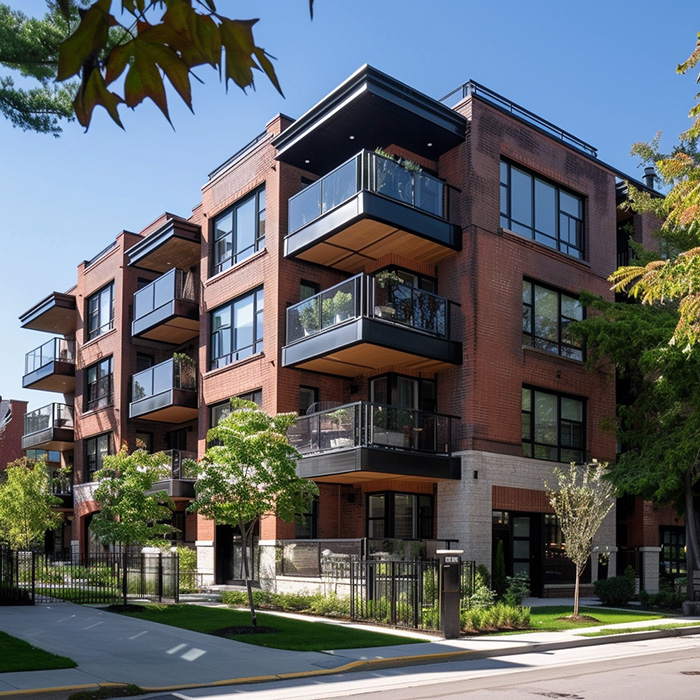
"I’ve got a brutal special assessment that was just unilaterally decided upon by my HOA board. I live in a condo I bought in May 2014 for $245K. The assessment will be for $60K to replace the siding and windows."
"I’ve recently moved into a condo complex that I’ve now learned needs a lot of urgent work done. We haven’t yet gotten a final figure, but it’s looking like a $30k-$40k assessment may be in my near future."
"Hello, I (30 F) own a condo in a 16 story building. I am a full-time Master’s Student with a part-time retail job. My Condo building is falling apart and needs about $3.5 million in repairs. My portion of this is an $18000 assessment due on June 11th"
One of the critical aspects to consider when buying property within a Homeowners Association (HOA) is the potential for special assessments. These are fees levied by an HOA on top of regular dues, and they can be significant, often used to cover unforeseen or under-budgeted costs for maintenance or upgrades. Here’s why you should be cautious about special assessments:
Firstly, special assessments can represent a significant financial risk. Unlike regular HOA fees, which are predictable and typically budgeted for, special assessments can arise unexpectedly and can vary widely in amount. For example, if an HOA suddenly needs to replace the roof of a communal building or upgrade security systems, it may impose a special assessment to cover these costs. These assessments can run into thousands of dollars, impacting your budget.
Second, special assessments reflect on the HOA’s financial health and planning prowess. A well-run HOA should ideally have robust reserves and a long-term plan that anticipates major expenditures. Regular contributions to this reserve fund are a sign of good management. An HOA that frequently levies special assessments may be a red flag indicating poor financial management or previous underfunding. This can affect not only your wallet but also the overall desirability and market value of properties within the community.
If you’re unable to pay a special assessment imposed by your HOA, the consequences can be significant and warrant serious consideration before purchasing a property within a homeowners association. Here’s what could happen:
-
Late Fees and Interest: Initially, the HOA will likely charge late fees or interest on the unpaid amount. These can add up quickly, increasing the total amount you owe.
-
Legal Action: If the fees remain unpaid, the HOA could take legal action against you. This might involve filing a lawsuit to collect the unpaid assessments, which could add legal fees and court costs to your expenses.
-
Liens on Your Property: The HOA might place a lien on your property. A lien is a legal claim against your property for the amount owed, and it can prevent you from refinancing or selling your home until the debt is cleared.
-
Foreclosure: In extreme cases, if the special assessment (along with any other outstanding HOA fees) isn’t paid, the HOA could initiate foreclosure proceedings. This is possible because, like property taxes, unpaid HOA fees are a lien on your property that can lead to foreclosure if not settled.
Before purchasing a property in an HOA, it’s crucial to do your due diligence. Review the HOA’s financial statements and reserve studies with a fine-tooth comb. Look at their history of maintenance and special assessments. Speak to neighbors about their experiences. It’s also wise to ask for minutes from recent HOA meetings, which can provide insights into ongoing issues and the likelihood of future assessments.
Being aware of the potential for special assessments can help you avoid unexpected financial burdens and ensure that you invest in a property that will not only provide a home but also a sound financial decision. Always factor in the total cost of homeownership, including the potential for special assessments, when evaluating whether a property is right for you.

Theodore Lee is the editor of Caveman Circus. He strives for self-improvement in all areas of his life, except his candy consumption, where he remains a champion gummy worm enthusiast. When not writing about mindfulness or living in integrity, you can find him hiding giant bags of sour patch kids under the bed.
